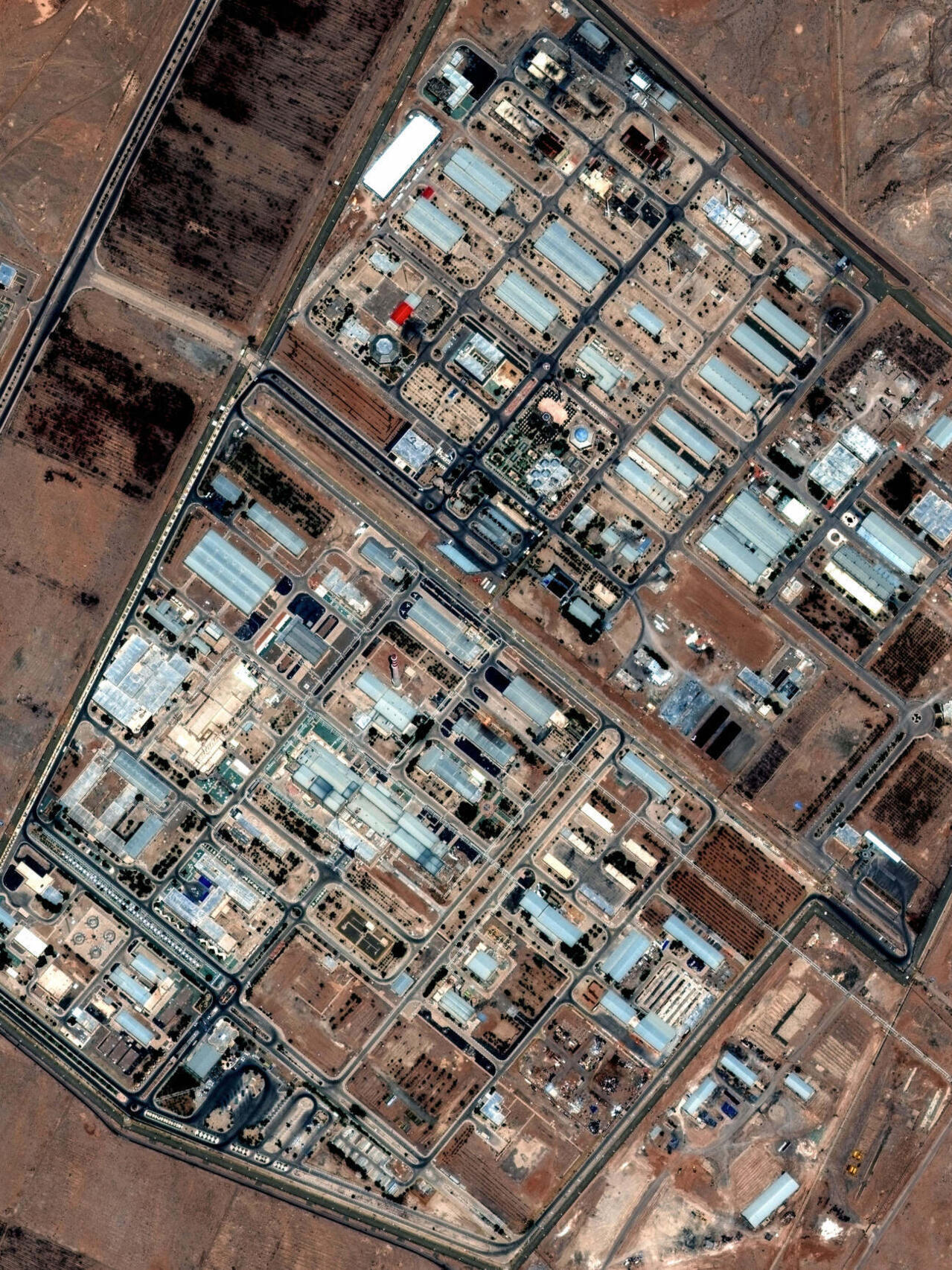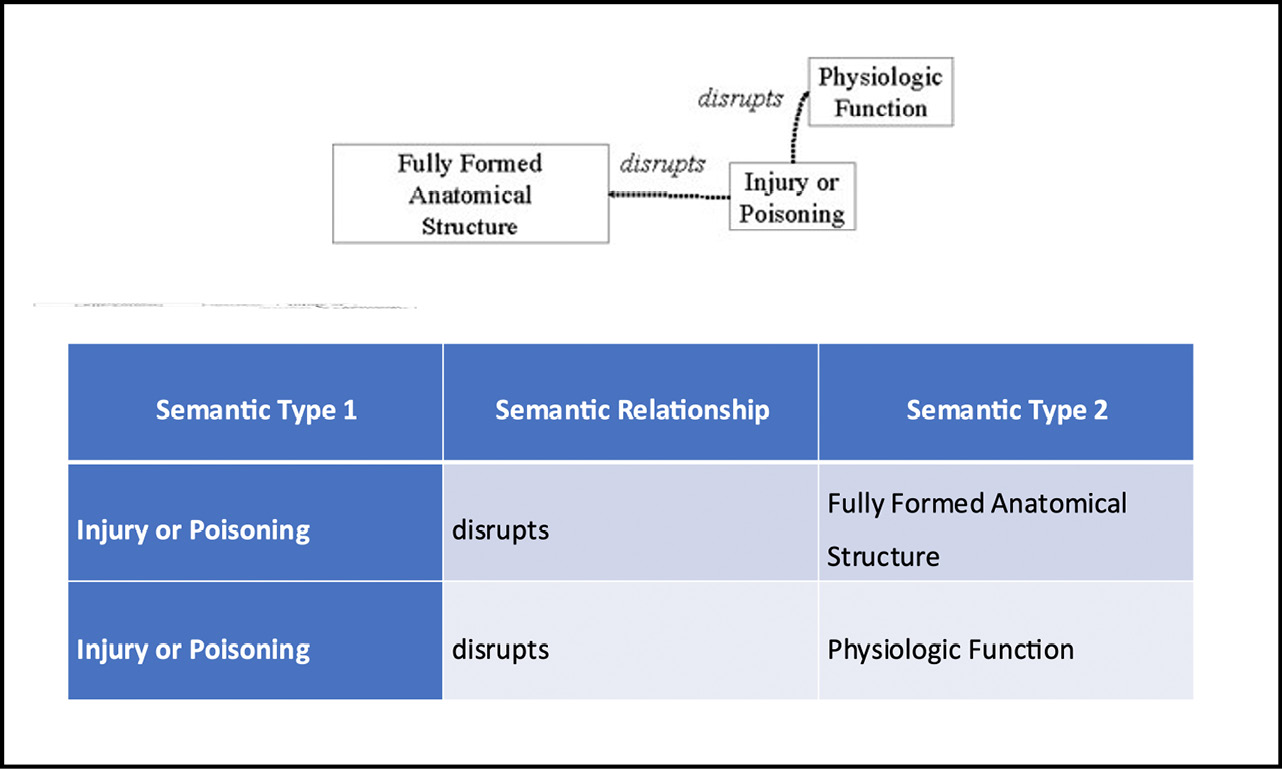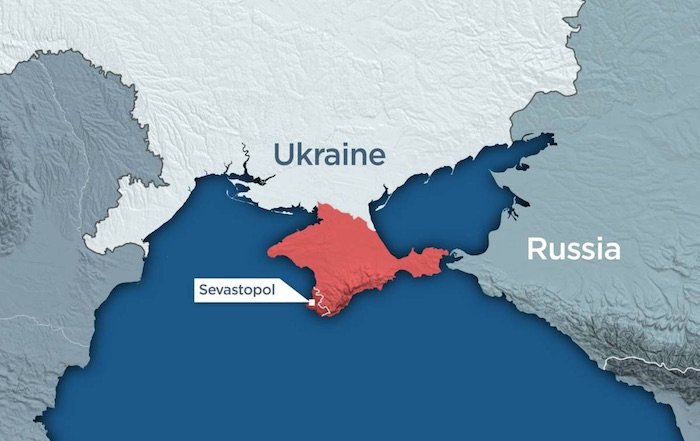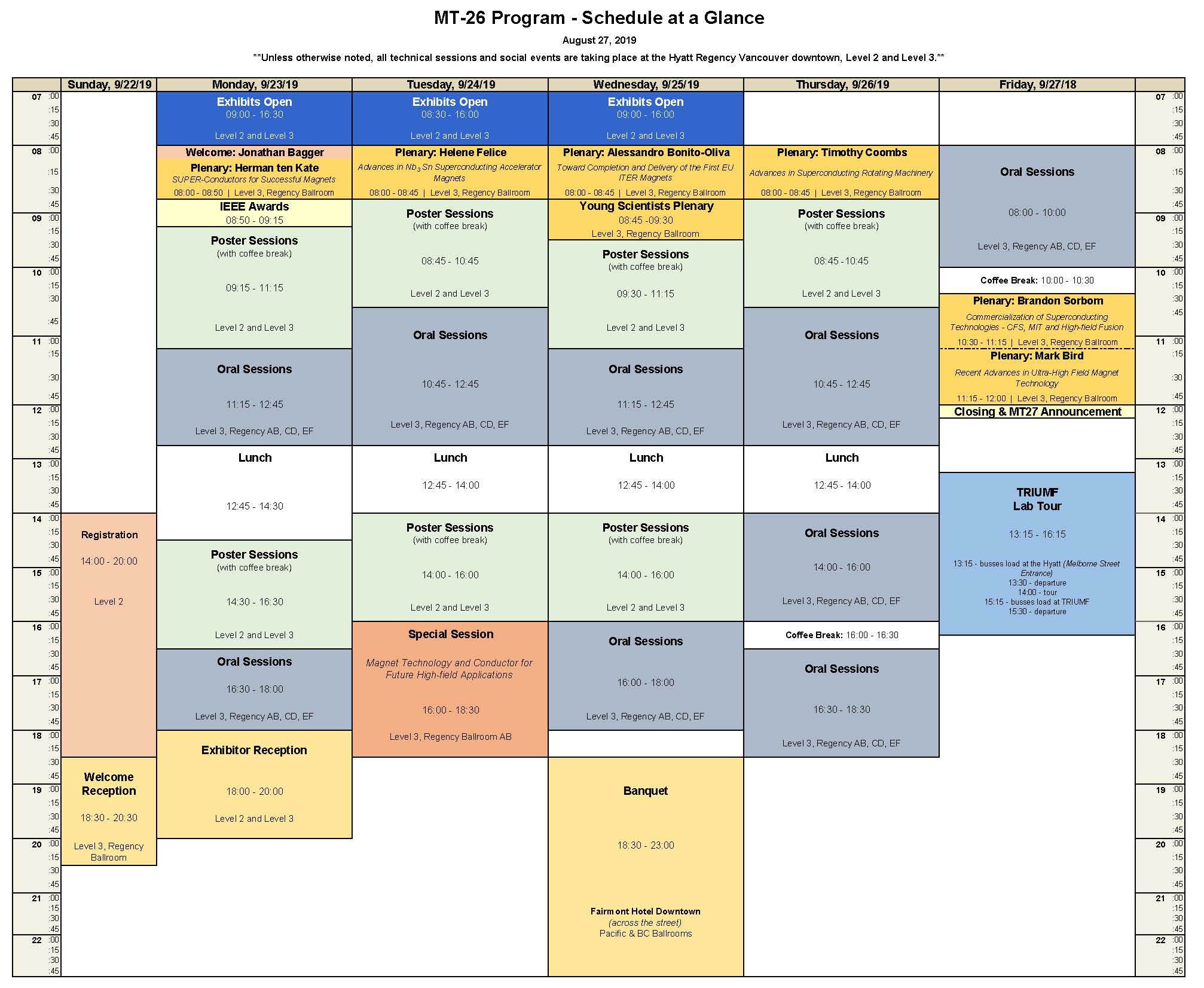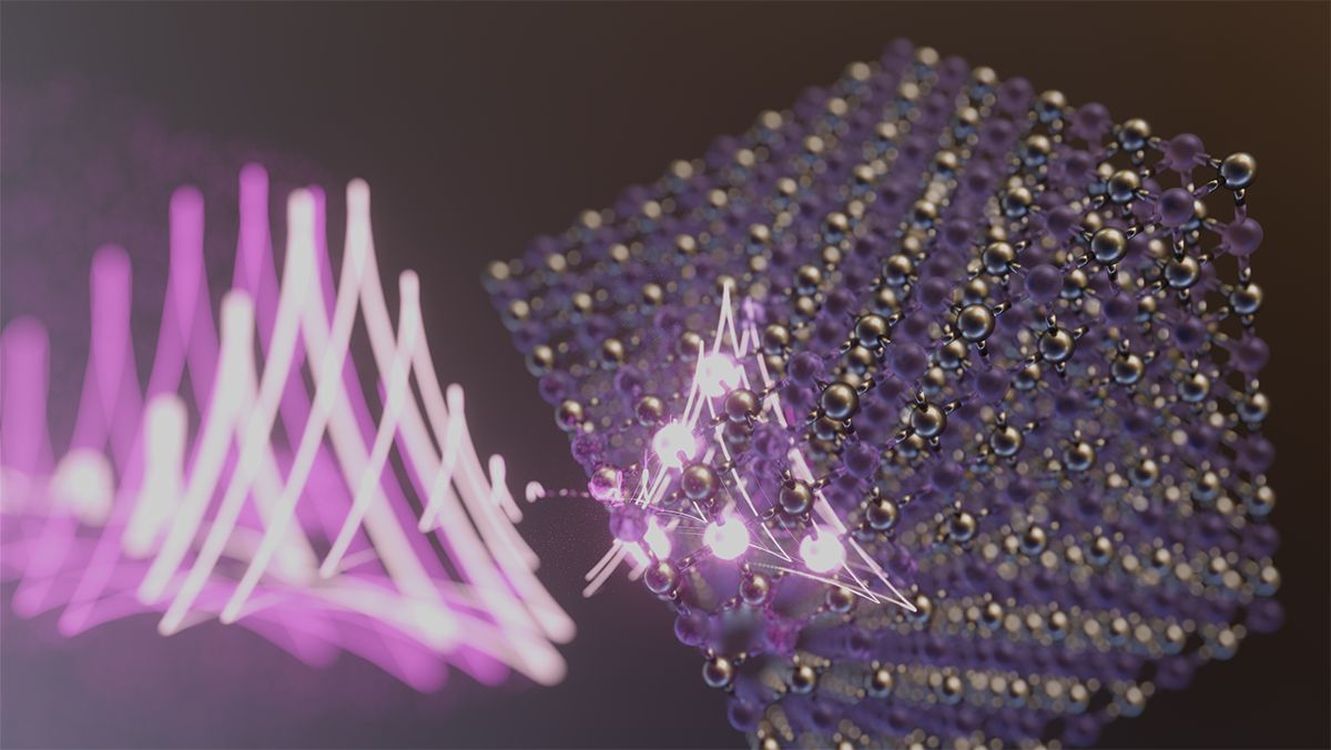The UK’s Advanced Research and Invention Agency (Aria) is currently seeking a new leader, following the announcement from its chief executive, Ilan Gur, that he plans to resign. Having led the agency since its establishment three years ago, Gur’s exit signifies a crucial juncture for Aria. Inspired by the US Defense Advanced Research Projects Agency, […]
Read More
